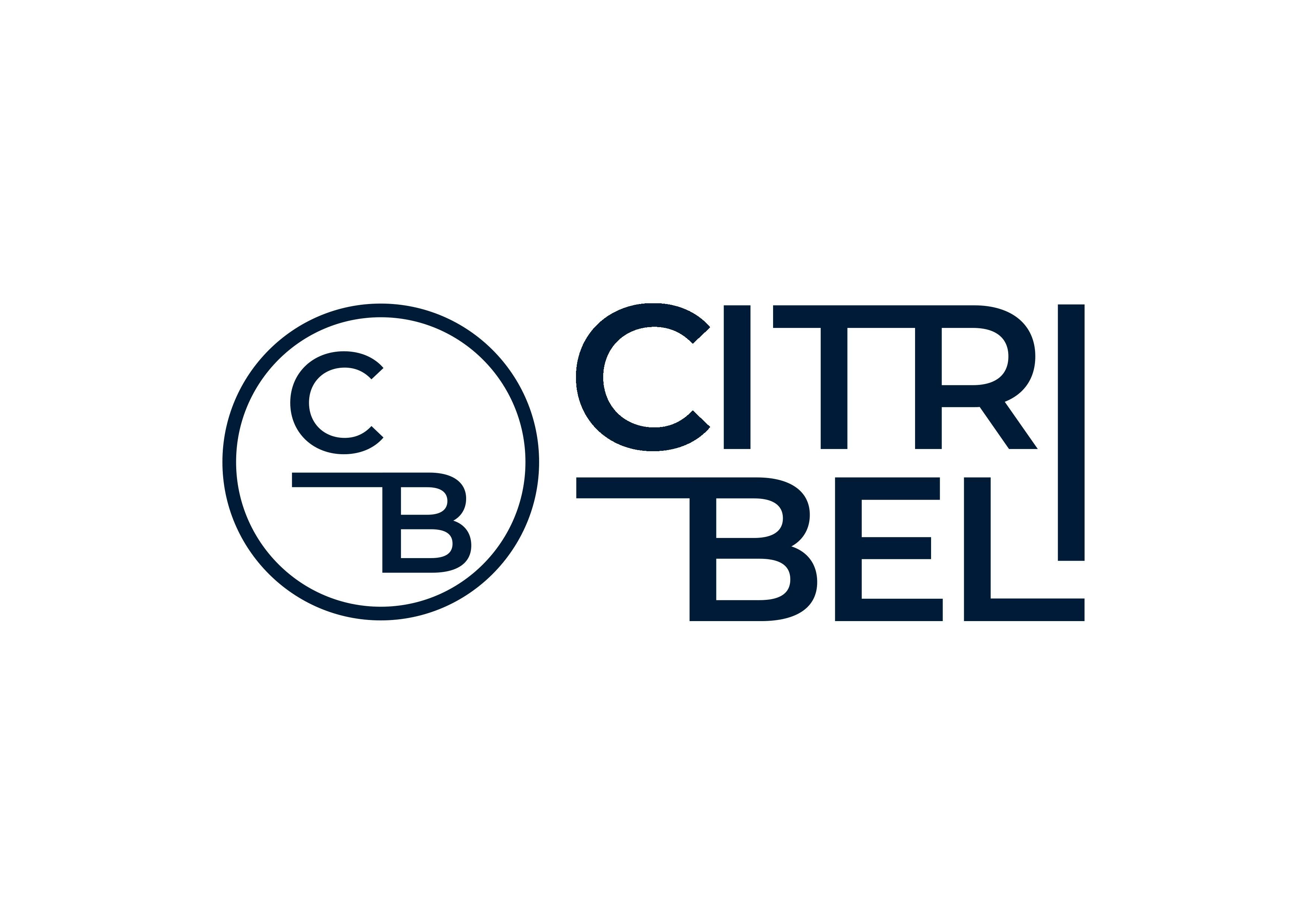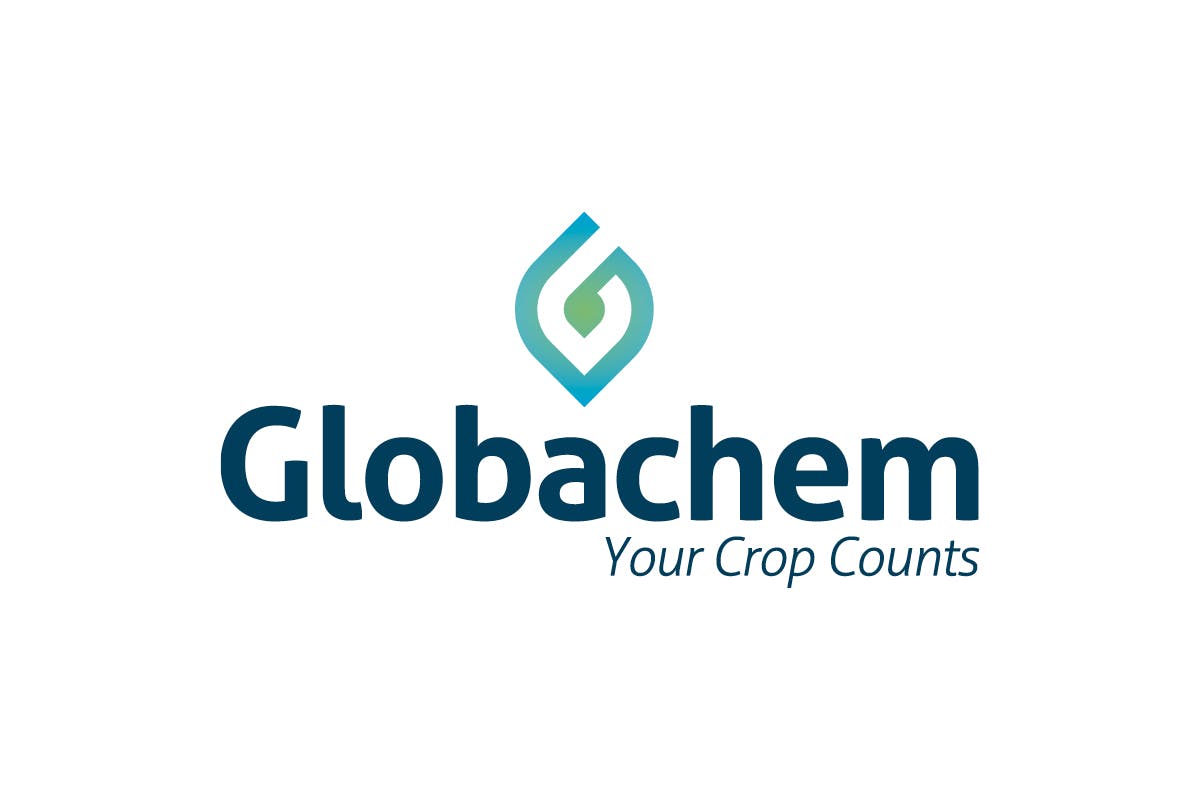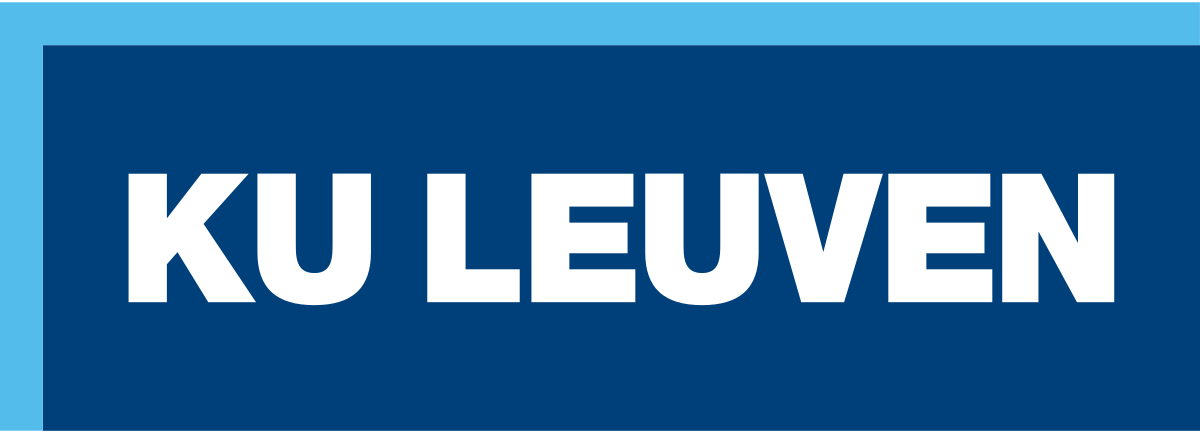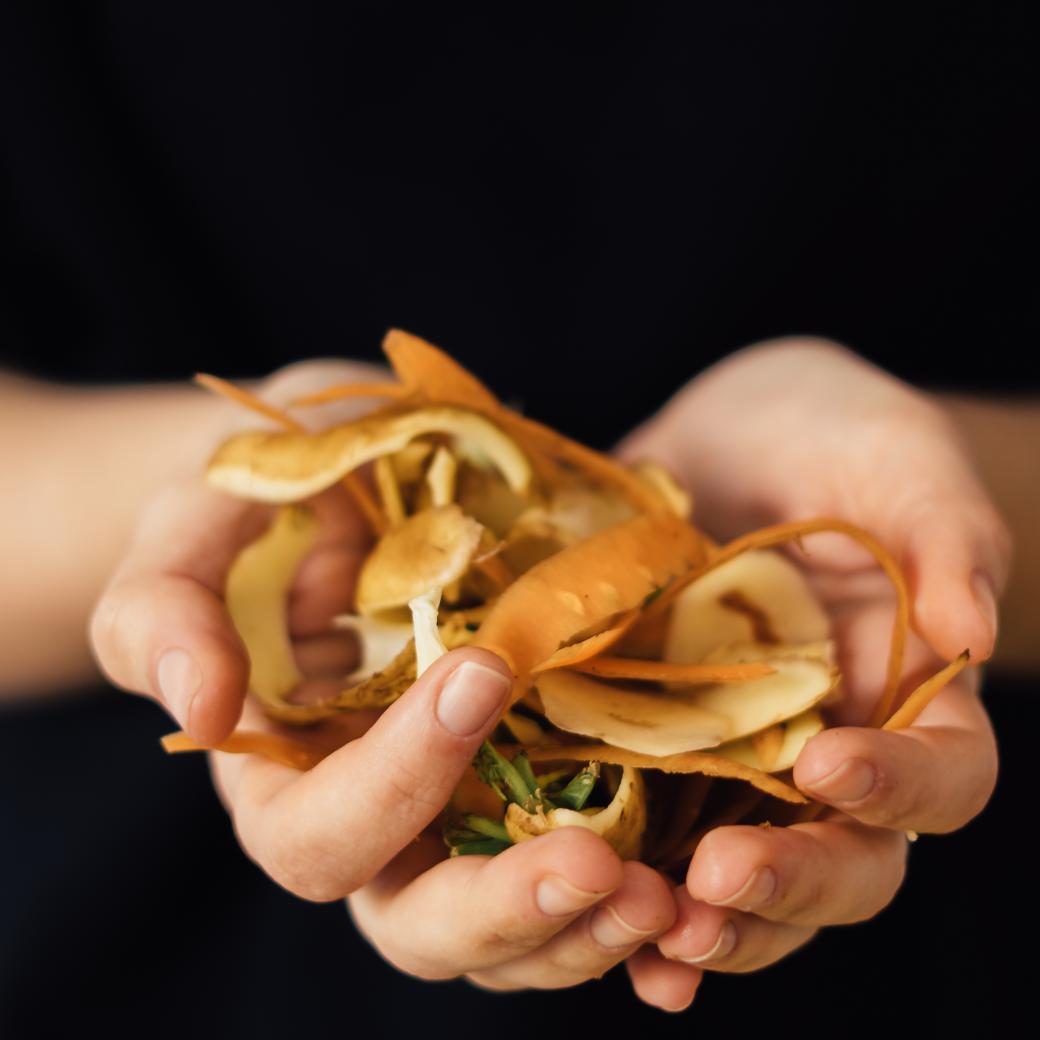FUN4BIO
With support of:

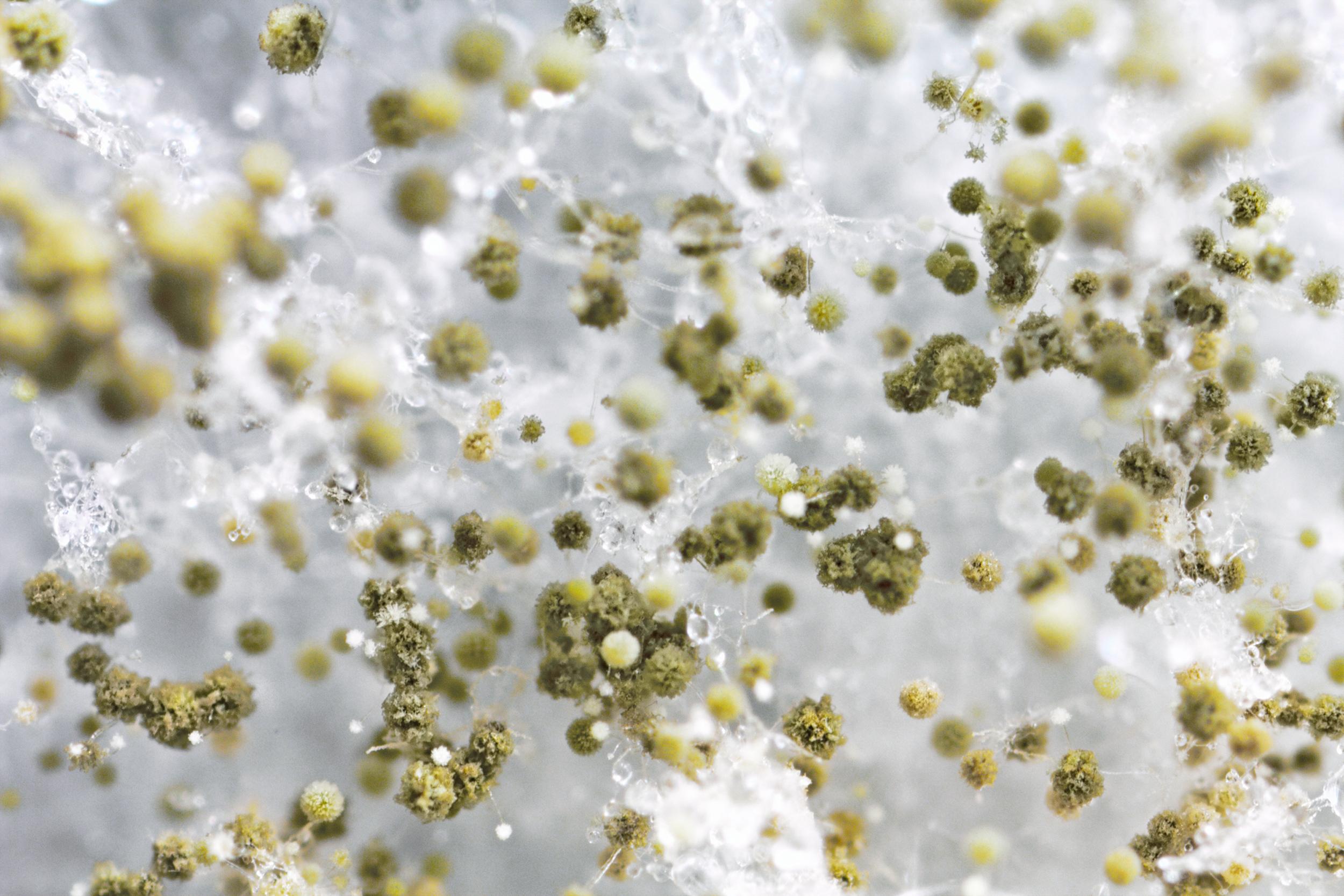
Isolation and valorisation of high-quality fungal biomolecules towards agro, feed and food
Why this project?
The valorisation of low-value by-products from the food industry by reusing these streams as new raw materials within the agri-food industry is a goal that many companies are pursuing. At Citrique Belge, a fungus is used to produce citric acid. Over time, the mycelium loses its citric acid-producing capacity and becomes a low-grade by-product. The options for valorising this flow were examined by thoroughly studying the mycelium in this project, fractionating it and characterising the structure of the components present. Combining the basic knowledge generated by the research partner with practical knowledge from various application areas clearly demonstrated that this mycelium has a lot more to offer than just producing citric acid.
Research and results
Fun4Bio was a cooperative business project (ICON type) in which Citribel worked together with the other business partners Globachem and Nutrition Sciences and the academic partner KU Leuven, with the joint aim of gaining the necessary insights for the valorisation of the mycelium.
The main project results were:
The research partner built a new research section based on beta-glucan and chitin and their derivatives. The various research groups of KU Leuven achieved interesting results within their own expertise:
The Laboratory of Food Chemistry and Biochemistry (LMCB), in cooperation with Wageningen Food & Biobased Research (WFBR), studied the relationship between the structure of the chitin/β-glucan complex (CGC), chitin, chitosan and β-glucan derivatives and their functional properties (relevant for food products such as bread). All components were water-soluble to a limited extent. As the molecular weight of the components increased, the water solubility further decreased while the water binding capacity and viscosity increased. Crystalline components were not water soluble and did not develop viscosity. Furthermore, it was shown that the functionality of the components is influenced by their three-dimensional conformation which, in turn, can be changed by means of high temperature during hot water extraction, for example.
The Laboratory for Process and Environmental Technology (PETLab) investigated the effect of microwaves (MW) and ultrasonic (US) waves on the morphology of mycelium. Based on the insights gained, they developed a process for the extraction and isolation of chitosan and β-glucan from mycelium. This process involved (a) US-assisted extraction of CGC, (b) acid treatment to remove minerals and (c) deacetylation of the CGC using MW to convert chitin to chitosan. By first decreasing and then increasing the pH of the solution, β-glucan and chitosan could be isolated.
The Laboratory of Behavioural and Developmental Genetics studied the impact of CGC, chitin, chitosan and β-glucan derivatives on the health of pest insects and the activation of defence mechanisms in plants. No direct effect of the tested components on the health of pests could be demonstrated. However, certain chitin, chitosan and β-glucan derivatives were able to activate the defence mechanism of plants such as wheat, peas and maize to a greater extent than commercial products used in agriculture and horticulture. For commercial β-glucan from a fungus, and more specifically its hot water extract, the activation of the plant defence mechanism effectively resulted in improved protection against pests.
The department of Translational Research in Gastrointestinal Diseases (TARGID) studied the prebiotic potential of the different components by fermenting them in vitro with human faecal inoculum and analysing the metabolites obtained (short-chain fatty acids and protein fermentation markers) and the microbiota profile. However, no significant differences between the metabolites and microbiota profiles of the different components could be demonstrated.
The companies each investigated the possibilities of the mycelium within their respective fields. The focus at Citribel was on fractionating the by-product in an efficient, scalable way that is also suitable for valorisation. The fractions produced by Citribel in this way were studied by the other business partners for their specific application.
Globachem looked at the effect that the components from the mycelium can have on the growth of plants. The results showed that the biostimulant effect of some components can improve the growth of certain crops by up to 10%. They also looked at the potential of the components as anti-fungals. They noticed that treated seedlings were less affected by fungi.
Nutrition sciences studied the effect of the components for their application in animal nutrition with the aim of reducing antibiotic use in piglets. Laboratory analyses showed that the components are promising in terms of health benefits when mixed into the piglets' diet. This promising effect was confirmed during the piglet trial.
In this video, the project partners explain what this project meant to each of them.
Access to the project results
The project came to an end in December 2021. The three companies’ project results are and will remain confidential. KU Leuven project results will be published in scientific journals.
Project partners
This ICON project brought together a multidisciplinary project consortium with complementary expertise from three companies (Citrique Belge, Globachem, Nutrition Sciences) and different research groups from KU Leuven
-
KU Leuven – Laboratory for Food Chemistry and Biochemistry (LMCB) – Contact person: Kristof Brijs
-
KU Leuven - Translational Research of Gastrointestinal Diseases (TARGID) - Contact: Kristin Verbeke
-
KU Leuven - Laboratory of Behaviour and Developmental Genetics – Contact person: Patrick Callaerts
-
KU Leuven - Laboratory of Process and Environmental Technology (PETLab) – Contact person: Raf Dewil
A testimonial from each project partner can be found below:
Follow-up actions
All partners indicate that they will continue to apply the knowledge they have gained in new research projects. The project results will be implemented as much as possible and integrated into the companies’ production processes.

From apple tree to innovation: meet B3ET

Sustainable animal feed from sweetcorn cobs: meet Trotec

